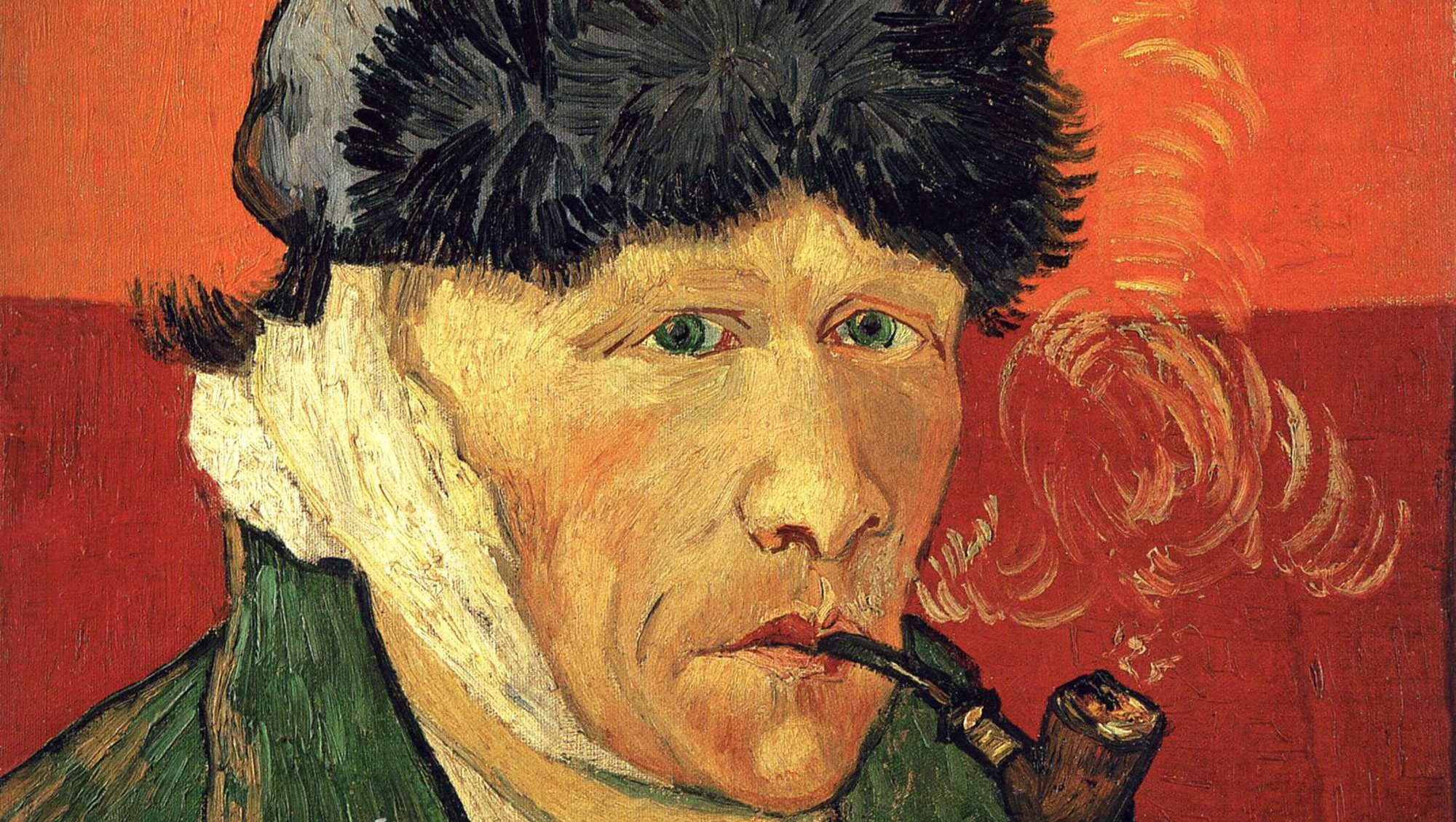It’s a widely-known notion that creativity is often intertwined with a bit of crazy. The ancient Greeks made mention of it, Vincent Van Gogh sure displayed it, and Hunter S. Thompson documented it up until the last day of his life. Now, science is coming out and officially declaring: yes, there is a link between mental illness and creativity.
deCODE, a genetics company based in Reykjavik, Iceland has released a study that claims there is a link in our DNA that connects mental illness with creativity. Certain genetic factors that raise the risk of bipolar disorder and schizophrenia are more often found in people with creative professions, giving some scientific truth to the idea of the tortured artist. The study found that painters, musicians, writers, dancers, and other creative individuals were 25% more likely to carry the gene variants for said mental illnesses than less creative professionals like a salesclerk or banker.
To uncover this information the scientists drew upon 86,000 Icelanders and looked at their genetic and medical information for their risks of bipolar disorder and schizophrenia. Out of those with 30% greater chance of developing the mental illnesses, a 17% increase was found among those were were members of some sort of national arts society. Those who labeled themselves creative by profession were 25% more likely to have mental disorder variants in their DNA.
“To be creative, you have to think differently,” Kari Stefansson, founder and CEO of deCODE told the Guardian. “And when we are different, we have a tendency to be labelled strange, crazy and even insane.
Often, when people are creating something new, they end up straddling between sanity and insanity. I think these results support the old concept of the mad genius. Creativity is a quality that has given us Mozart, Bach, Van Gogh.”
Obviously, not all creative people are subject to mental illness, and the study does have its critics. Albert Rothenberg, professor of psychiatry at Harvard University, interviewed 45 science Nobel laureates about their creative strategies and found no mental illness in any of them. Rothenberg takes issue with the study’s criteria for being creative. “Belonging to an artistic society, or working in art or literature, does not prove a person is creative. But the fact is that many people who have mental illness do try to work in jobs that have to do with art and literature, not because they are good at it, but because they’re attracted to it”.
With this statement though, Rothenberg is putting a label on what qualifies as being creative. Simply because a person chooses to work in a creative field and another individual deems their efforts to be poor, does not mean they aren’t creative. After all, isn’t all art subjective?

